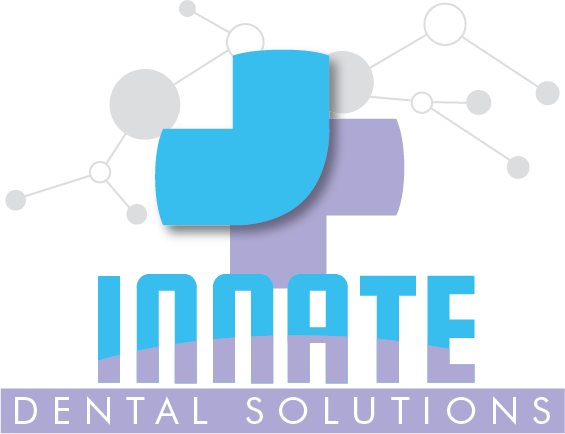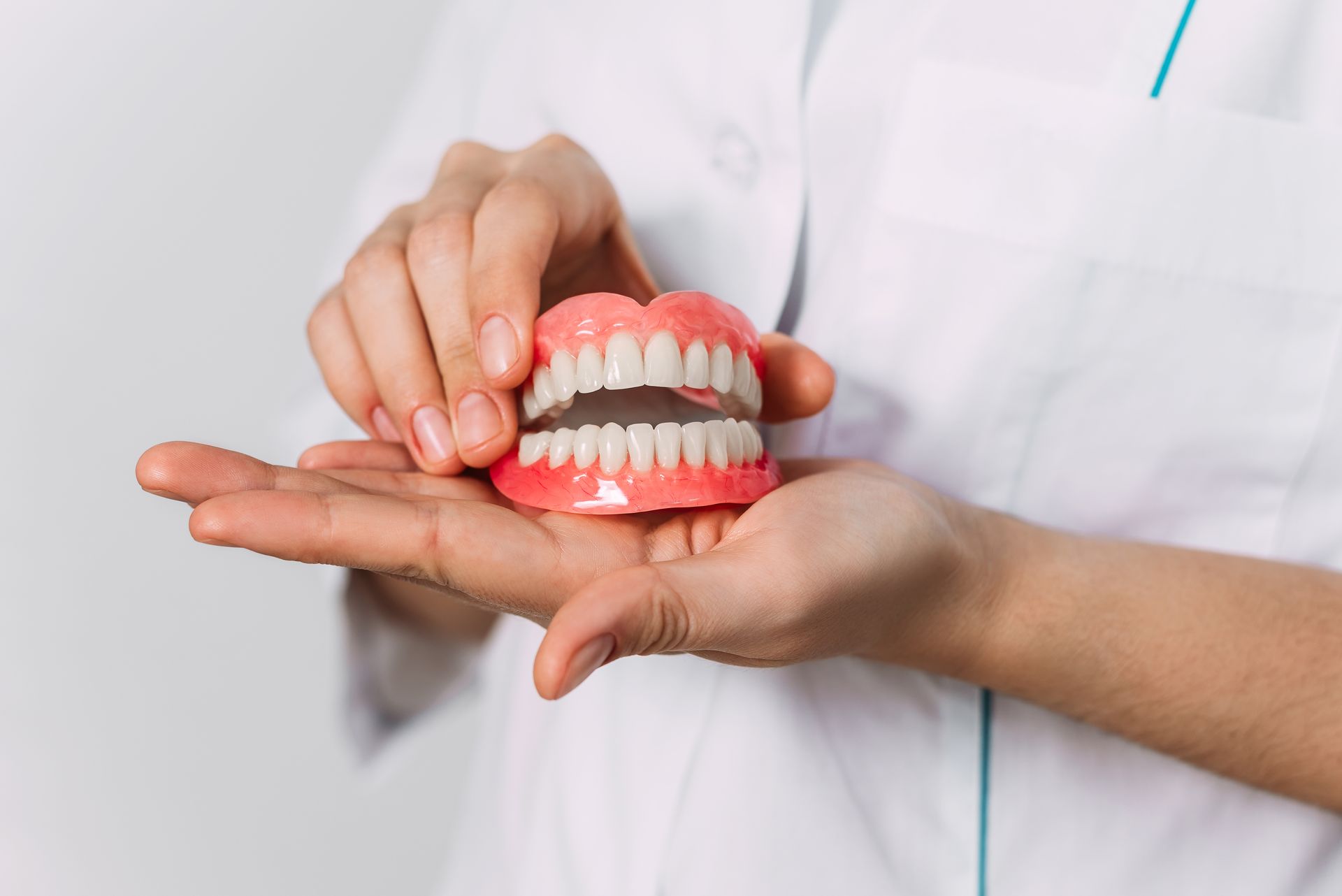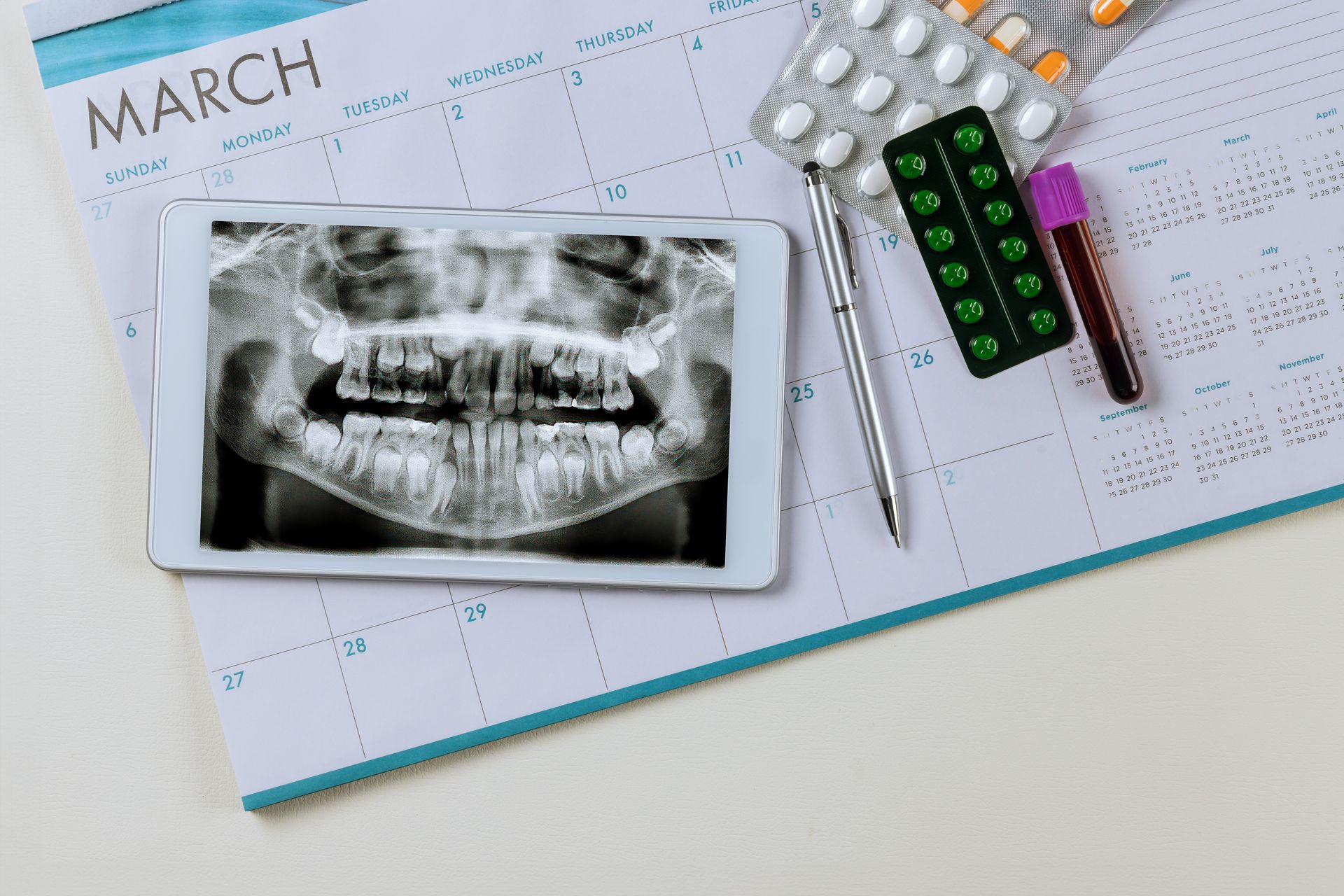Can Dental Implants Be Removed?
Short answer: Yes, dental implants can be removed — but it's uncommon and only necessary in specific situations. While implants are designed to be a permanent solution for missing teeth, certain medical or mechanical issues may require removal by a dental specialist.
In this article, we’ll break down the reasons for dental implant removal, what the process looks like, and what patients can expect if they face this situation.
Why Would a Dental Implant Need to Be Removed?
1. Implant Failure (Early or Late)
Implants have a high success rate, but in rare cases, they may fail. This failure can be classified as:
- Early failure – occurring within the first few months due to poor osseointegration or infection.
- Late failure – happening a year or more after placement, often due to bone loss or stress on the implant.
2. Infection or Peri-Implantitis
Peri-implantitis is a serious infection that affects the gum and bone around an implant. If not treated early, it can lead to significant bone loss, making the implant unstable.
3. Bone Loss
If bone surrounding the implant deteriorates, it may no longer support the implant effectively, requiring removal and possibly bone grafting.
4. Mechanical Issues
Over time, an implant or its components (like the crown or abutment) may loosen, fracture, or wear out. If damage is significant, removal may be the best option.
5. Misplacement or Aesthetic Concerns
Improper placement of an implant can affect appearance, bite, or function. In such cases, removal and re-implantation may be considered.
What Is the Dental Implant Removal Process Like?
Dental implant removal is a specialized surgical procedure that must be performed by a skilled oral surgeon or implant specialist.
Step-by-Step Overview:
1. Evaluation & Imaging:
Digital X-rays or 3D scans are used to assess the implant and surrounding bone.
2. Anesthesia:
Local anesthesia is applied to ensure patient comfort.
3. Removal Technique:
- Counter-torque device: Used if the implant is loose and not fully integrated.
- Trephine drill: Used in cases where the implant is integrated into the bone.
- Ultrasonic instruments or piezosurgery: Minimally invasive options that protect surrounding bone.
4. Post-Removal Treatment:
- Cleaning and disinfecting the area
- Bone grafting (if needed) to prepare for future restoration
Healing time before re-implantation or alternative treatment
Is Dental Implant Removal Painful?
Most patients report minimal discomfort during or after the procedure, especially with local anesthesia and proper aftercare. Post-surgical swelling, bruising, or soreness may occur but typically resolves within a few days.
What Happens After an Implant Is Removed?
Healing Time:
Healing can take 2 to 6 months, depending on whether bone grafting was needed.
Replacement Options:
- New dental implant: Often possible after healing, especially if the cause of failure was addressed.
Dental bridge or partial denture: An alternative for those not eligible for another implant.
How to Avoid Implant Removal
Preventing implant failure starts with strong planning and ongoing care. Here's how to reduce your risk:
- Choose a qualified implant specialist
- Follow post-op care instructions carefully
- Maintain excellent oral hygiene
- Schedule regular check-ups
- Avoid smoking and manage health conditions like diabetes
When to See a Specialist
If you’re experiencing symptoms like pain, gum inflammation, or mobility around your dental implant, it’s essential to
see a dental implant removal specialist near you. At
Innate Dental Solutions, we offer expert evaluations and
implant consultations to help you understand your options and next steps.
Final Thoughts
Dental implants are intended to be permanent — but removal is possible and sometimes necessary. Whether you’re facing implant complications or just want a second opinion, the key is working with a provider who specializes in complex implant cases.
Need guidance or a second opinion?
Book a safe dental implant removal in Plano, TX with our team or schedule an expert implant consultation at Innate Dental Solutions today.




